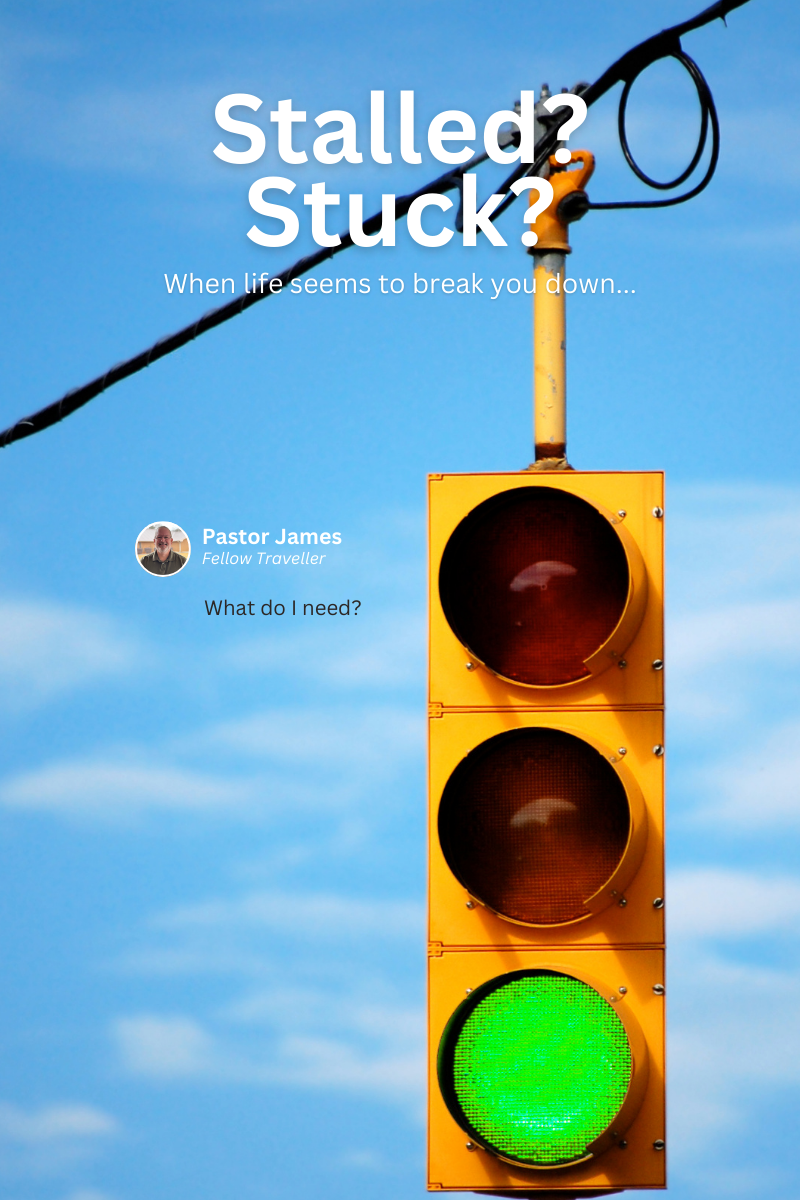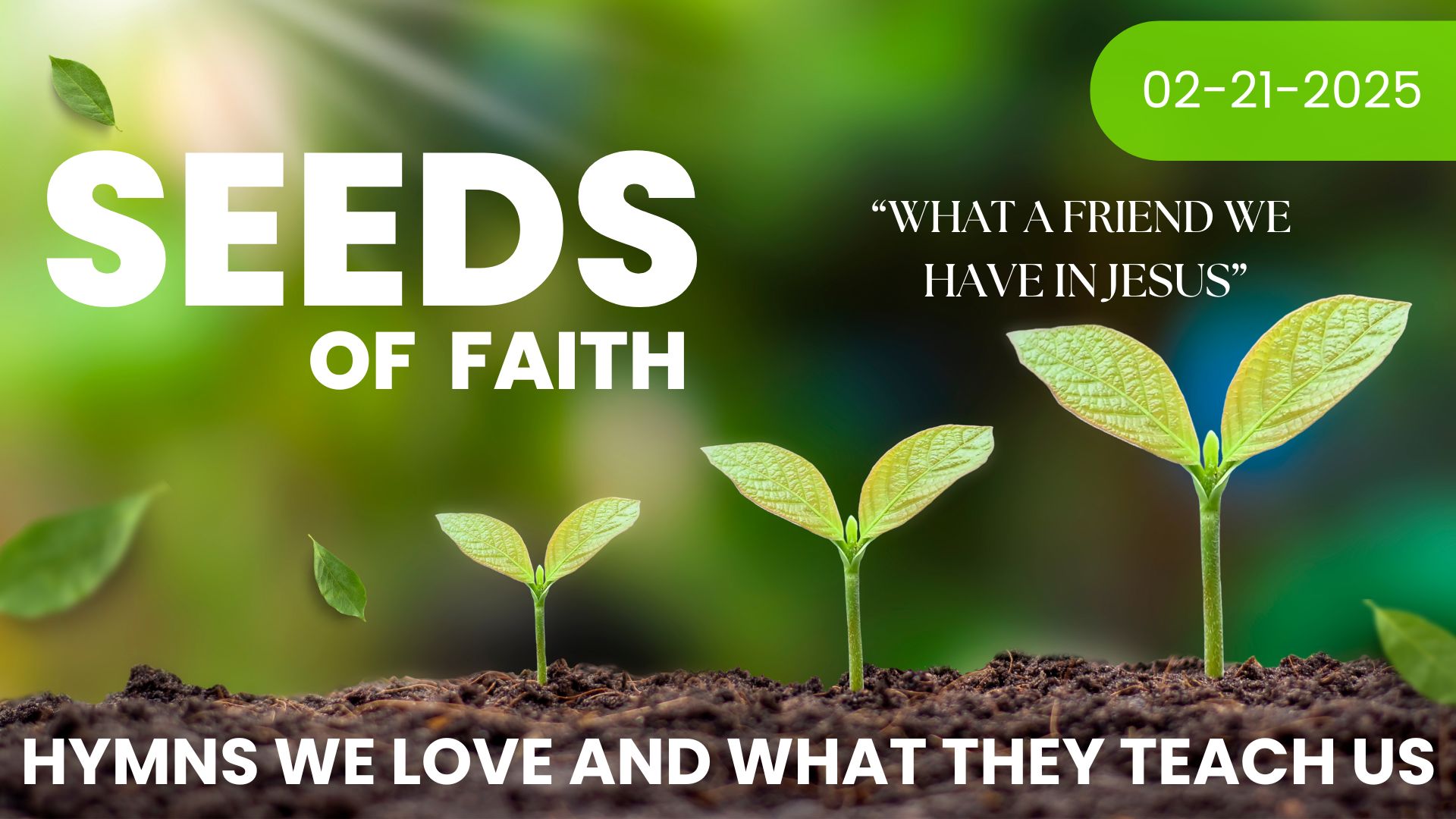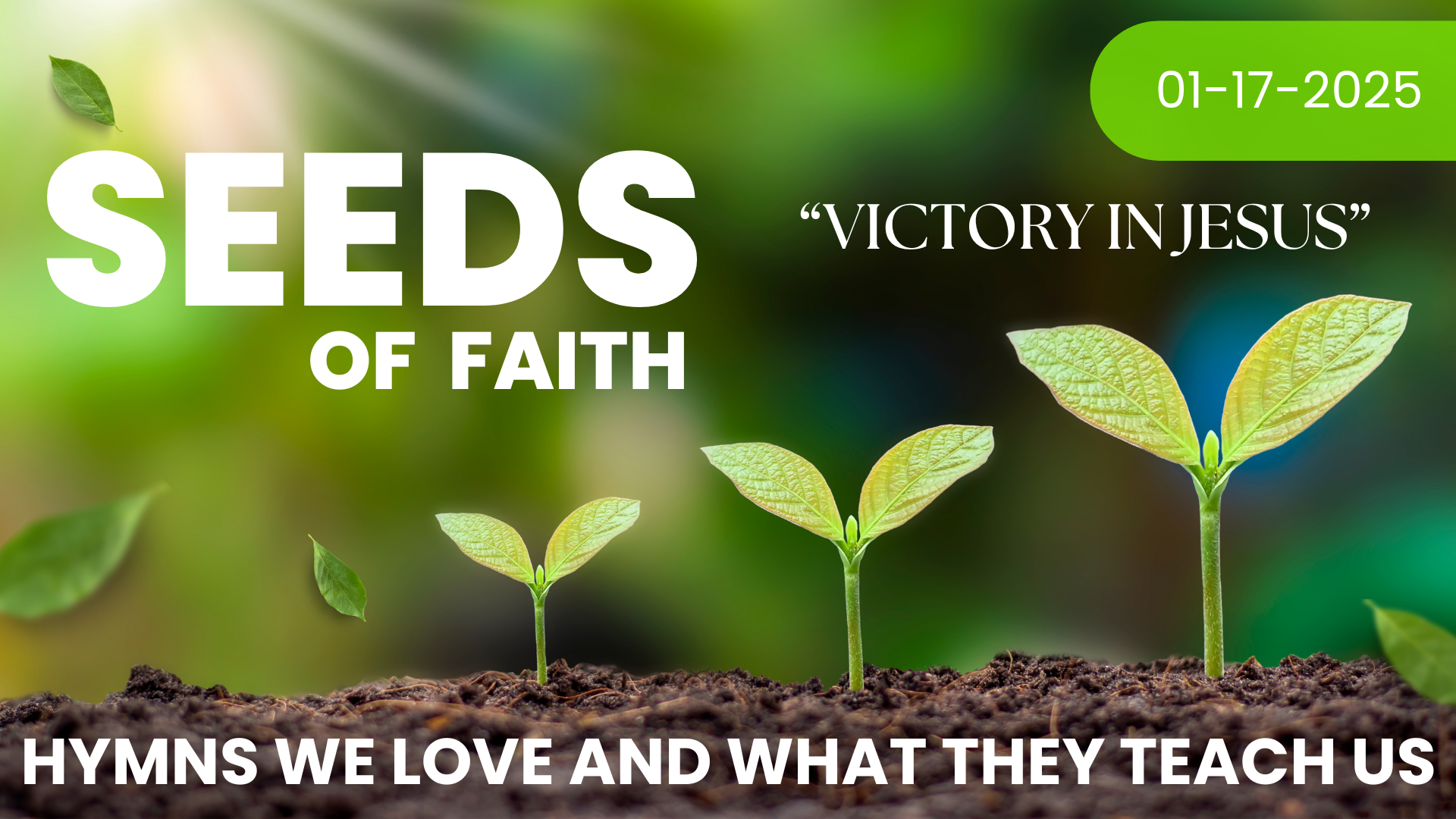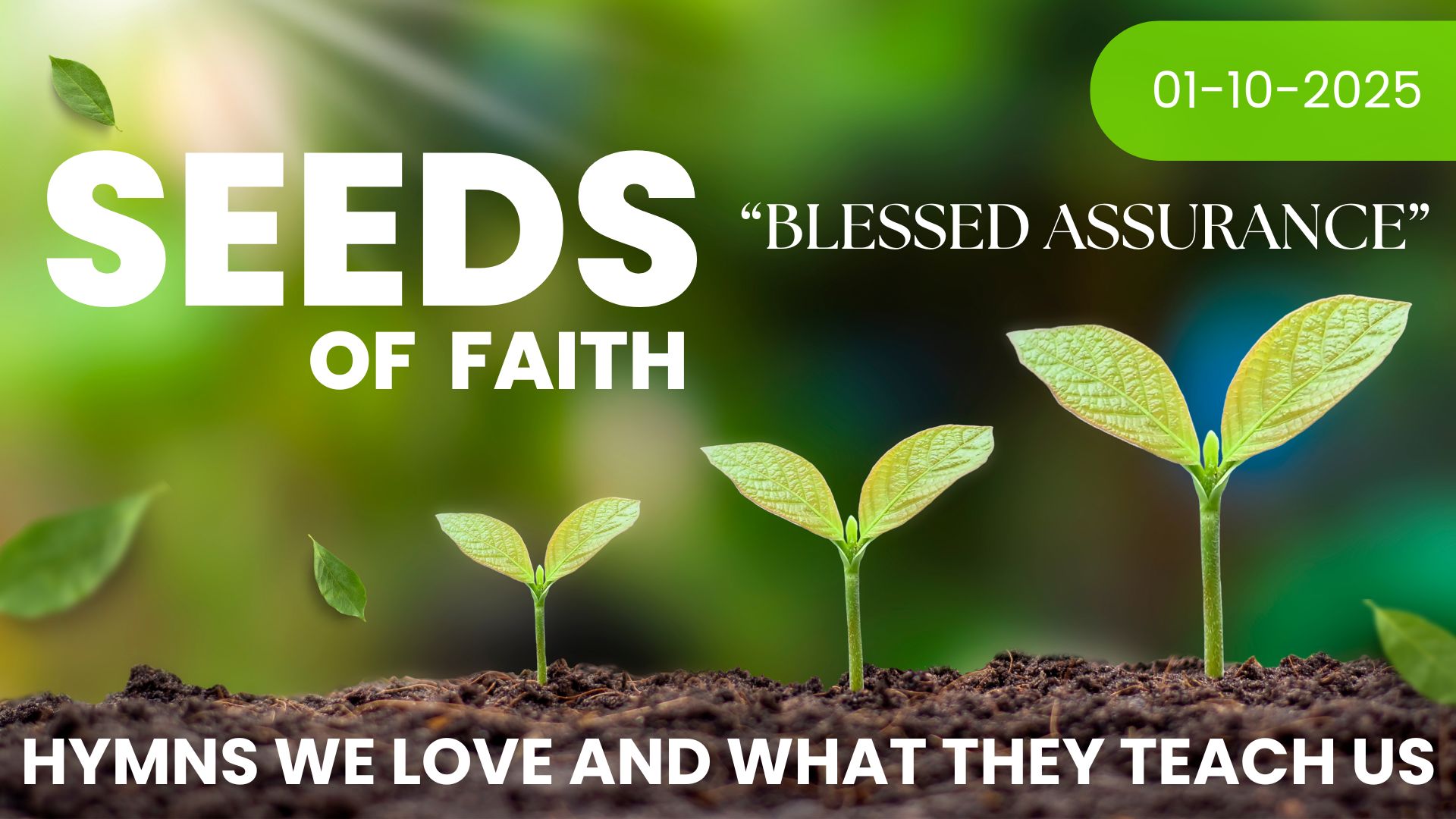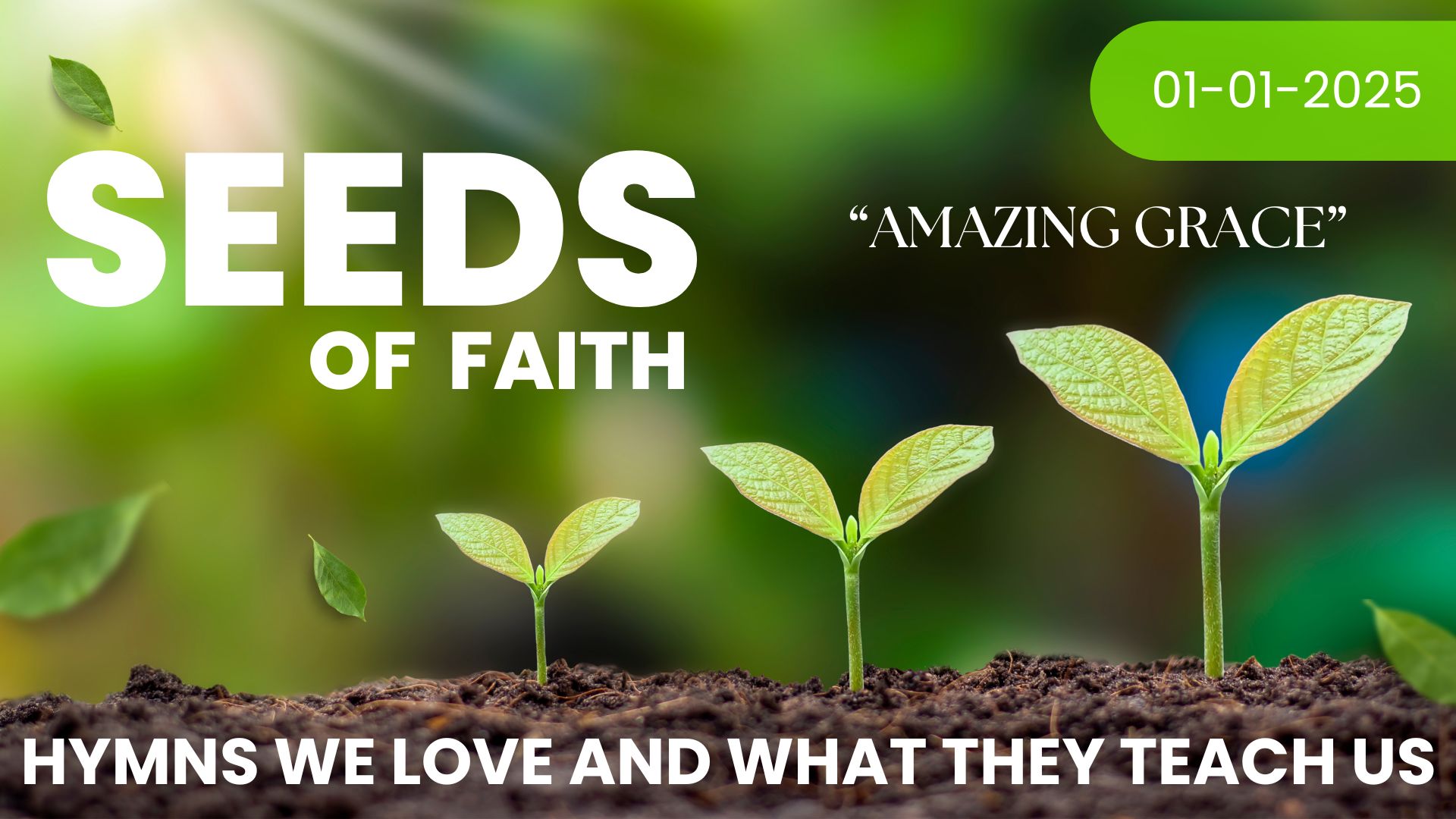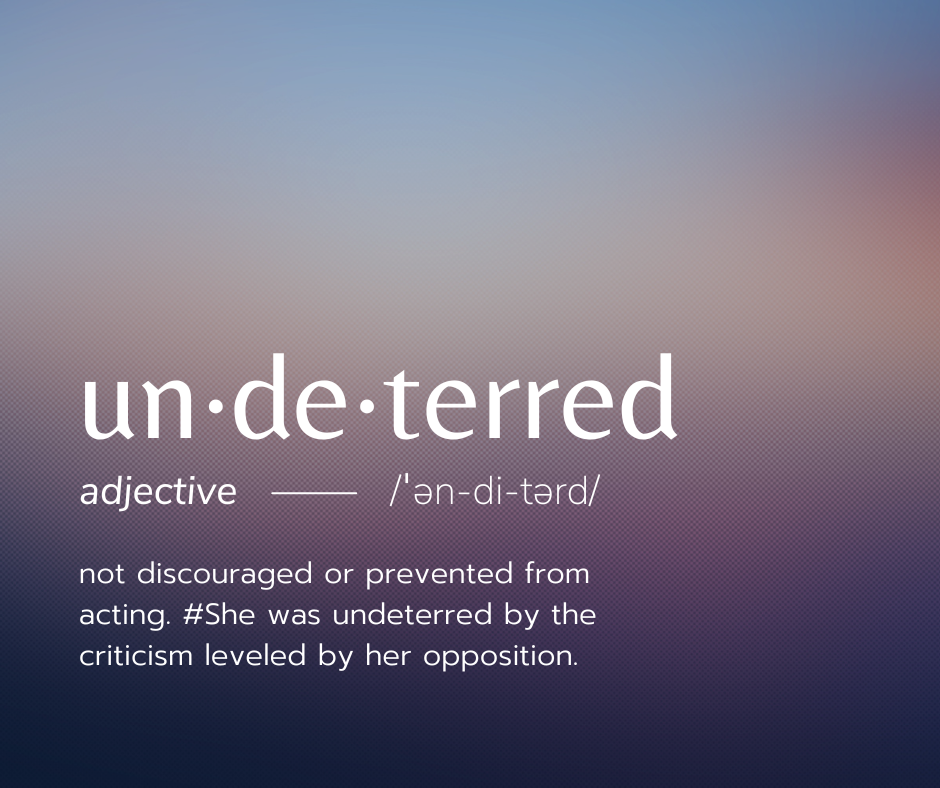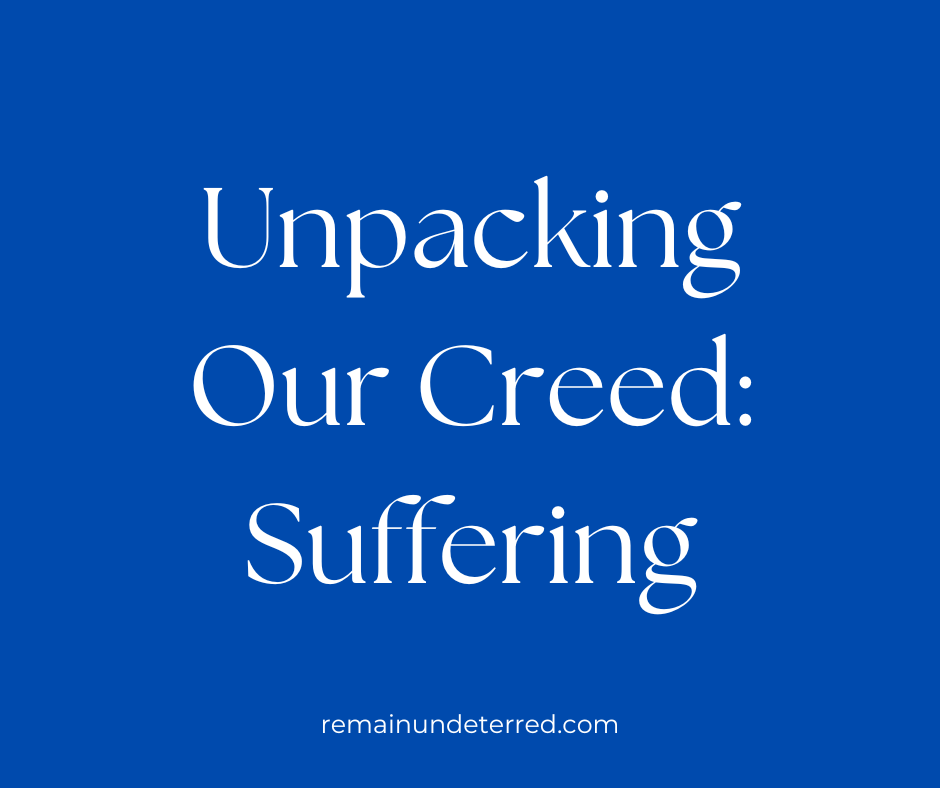It was a normal day. I was in a hurry. I was running late getting home for my youngest child’s birthday party. We offer a special meal, just for the honored birthday child, and she had chosen fried shrimp from Popeye’s. Yeah…I know…not what I wouldn’t have chosen either. Anyway, Popeye’s was closed, so I was headed to another through the window food joint for popcorn shrimp.
As I approached the intersection that is near the middle of our local college, there were students on every corner, the light was green, but the pickup in front of me was lurching and stopped. “What are you doing?” I said to myself in frustration. The light turned red and the college students walked around the truck that was blocking the crosswalk. I noticed the driver was throwing his hands up in frustration. I rolled down my window and heard him trying to start the vehicle, to no avail.
The driver-side door opened and the driver trotted back to my open window. “Sorry,” he said. “It’s a standard shift and I stalled it. This old Ford! The starter must be hot. I can’t get it restarted.”
About that time, I noticed the truck rolling into the intersection.
“Sir,” I yelled. “Your truck is rolling into the intersection.”
He turned with a yelp, ran and caught the truck, jumping into the driver’s seat and hitting the break.
Now, the truck was in the intersection. It was blocking all traffic.
The students stood on the corners…actually, some of them scurried across the streets, seemingly oblivious to what was stalled in the intersection. The light turned green, again. All drivers sat and watched.
I turned on my hazards and hopped out of my truck, trotting as quickly as I could to the back of the truck. At this point, the old fellow was standing and pushing his truck by himself to no avail. I began pushing from the back, joined by another guy who had hopped out of his car.
“You would think some of these able-bodied college boys would help an old guy out,” he said as we pushed together.
As the truck rolled forward, the driver hopped in, put it in gear, popped the clutch and the truck roared to life.
“Thanks, guys!” he yelled, as he drove away…no longer stuck in the intersection…no longer stalled at the traffic light…no longer blocking traffic…and everyone moved on with their business. And, yes, I did eventually find some shrimp for my daughter’s special meal.
The physical and emotional reality of our lives is there will be times when we are stuck, incapable of moving forward in any meaningful way. We have two friends & families that have recently experienced huge loss. One a husband…another a daughter…and the grief is real. In the one case, the almost daily raw and real post to Facebook is an emotional gulf of grief and despair. The recent pictures tell the story of someone who is suffering terribly, most likely not eating right, eyes red rimmed from tears and lack of rest. Most of us have been there in that place of grief. Most of us have gotten stuck there…and may even still be stuck in many ways.
Grief is just one example of the many ways we are challenged in life. Broken relationships, church hurt, job loss, trauma…the list seems to be endless. There are a few things that we all need in the midst of these experiences that are common to us all. We need time. We need others. We need help.
Time
When the old fella trotted back to my truck, he had already identified the problem with his truck. This had happened before. It stalled. The starter was hot. It would take some time, left to itself, to get to a place where he could get it started and be on his way.
Some things just take time. Wounds heal. Grief progresses. “Hot” emotions cool. For the emotionally and physically healthy adult, time does heal all things. There’s an expression I heard and often repeat to myself, “Tragedy plus time equals comedy.” There are things that hurt us, disturb us, even paralyze us at first that, with the passing of time, become something that we can smile at the remembrance or even laugh heartily when we are reminded…in time.
Don’t rush it. There is value in waiting and walking through these experiences and emotions. When I had my knee replacement, I would have much rather been running laps than lying in bed. Eventually, with the passage of time, I wasn’t running, but I was finally walking long distances and climbing stairs without pain. It took a little time, and some therapeutic intervention. That’s our next consideration.
Let me insert here, in passing, to the one observing this process, that granting time for healing is just as important as taking the time to heal. I have found myself, over the years, becoming impatient and insistent that progress was too slow in another. Whether it is in grief or anything else, our common experience is that it is a different experience for everyone when it comes to the progress of time and healing. Empathy and patience is an important aspect of this experience in community.
Others
It did not take me long to conclude that the old man trying to push his truck out of that intersection was going to need a little help. I could have sat and stewed in my frustration, at that point, like some other drivers that I observed. I could have decided there was nothing I could offer him, like others who stood by and watched (I know, that is an assumption). I could have walked away, like some did. I chose to get out of my truck, step outside of myself, and push, because this guy needed some help.
When we are stuck it is difficult to ask for help. When we are stalled or our life seems out of control, like that truck that was rolling into the intersection, we can feel awfully helpless and desperate. That sense of helplessness and desperation drives many of our neighbors into deeper depression and even suicide. Those who arrive at that point suffer the worst loneliness imaginable in the midst of a battle that can only be won in community.
“What about personal responsibility,” some may ask. What about it? We are certainly responsible for our life choices, BUT a cursory look at the gospels reveals a God who intervenes and helps the desperate and the destitute, in spite of their life choices. The love of God compels us to do likewise. There is such a thing as “enabling,” meaning giving permission for someone to continue down an unhealthy path toward personal destruction. That is rooted in denial, an unwillingness to admit there is a problem. That is less common than we think, however, and entering into a space of empathy and compassion is far from that.
We really do need each other. In fact, real life faith only happens in community. Real healing virtue only flows in community, not in isolation. Consider how our bodies function for insight. When there is a wound or an invasive disease, the body that is functioning as designed springs into action and sends some very specialized help at the cellular level to disable and destroy the disease, protect the wounded area from infection and further damage, and bring healing and wholeness to the wounded…in most cases, making the diseased and wounded area stronger than it was previously. That is a beautiful picture of how healing and wholeness comes through community. Yes, we really do need each other.
Help
Our neighbor stuck in the truck needed help. He was visibly frustrated when he couldn’t get the truck restarted. There was the added pressure of the fact that this was a busy traffic time, the students waiting to cross, the drivers waiting to drive, a father waiting to get a special meal for a special birthday party…HELP! When he could push the truck no further through the intersection, he needed someone to come and push with him.
Have you been there?
When the load becomes too heavy, we need help to carry the load.
When the road becomes too long and we cannot go on, we need the help of an encouraging word, a comforting touch, maybe even someone to carry us for a while.
When the hill becomes too steep or the valley too deep…HELP!
To the casual observer, the stalled truck incident played out in less than two minutes. As an illustration, that sense of time is its weakness. It was a quick and pretty painless adventure for all involved…even comical. Yes, tragedy plus time does equal comedy.
It was nothing like the permanence of grief that ensues with the loss of a spouse or a daughter.
It was surely nothing like the marathon of a cancer diagnosis, a heart attack, a lay-off, or a natural disaster.
Yes, I understand, it was nothing like the long game of physical and mental decline that often comes with age…and, that can be hastened by diseases that seem to fast-forward this decline, like dementia and alzheimers.
I often think about this when I remember my father. He was a strong man. He had worked hard with his hands all of his life. What he lacked in education, he made up for in hard earned experience that brought a wisdom into most areas of his life. He was never a great manager of financial matters. My mother had that gift. Anyway, when he began to fail mentally due to alzheimers disease, he needed help. Even before he recognized this need, his children had to intervene and help.
He eventually became almost wholly dependent on the help of others for every decision and every activity beyond the most basics tasks. It was difficult to observe. It was a long process. It was painful for him. It was painful for his children. It was just plain hard. We had help. He had help. He could not do it alone.
None of us can.
As a pastor, I often repeat the words of scripture that encourage us to lean on the Lord, find our help in the Lord, find our peace in Jesus, etc. I repeat them with faith, not in words on a page or in my ability to understand how it all relates to our circumstances. I repeat them, again and again, in faith in my God who is ever faithful and true. I repeat them, again and again, believing that the primary way those words are found to be true are not in personal isolation or an individual experience of God, but in the faithful application of the model of Jesus, God Himself, by a faith community. When we cry, “God help us!” His response is most often in the form of a community of helpers, the ecclesia, the Church. When we fail to help. We fail to be the Church, the Body of Christ.
With Thanks!
When we pushed, he popped the clutch and that truck came to life. He wasn’t stuck an longer. In a keep it simple, stupid sort of way, that is a picture of what our life is like. Then, he waved, yelled, “Thanks!” and was on his way.
At every point along the way, gratitude will make a difference.
Thanks for reading.
Thanks for sharing.
Thanks for praying AND helping!
